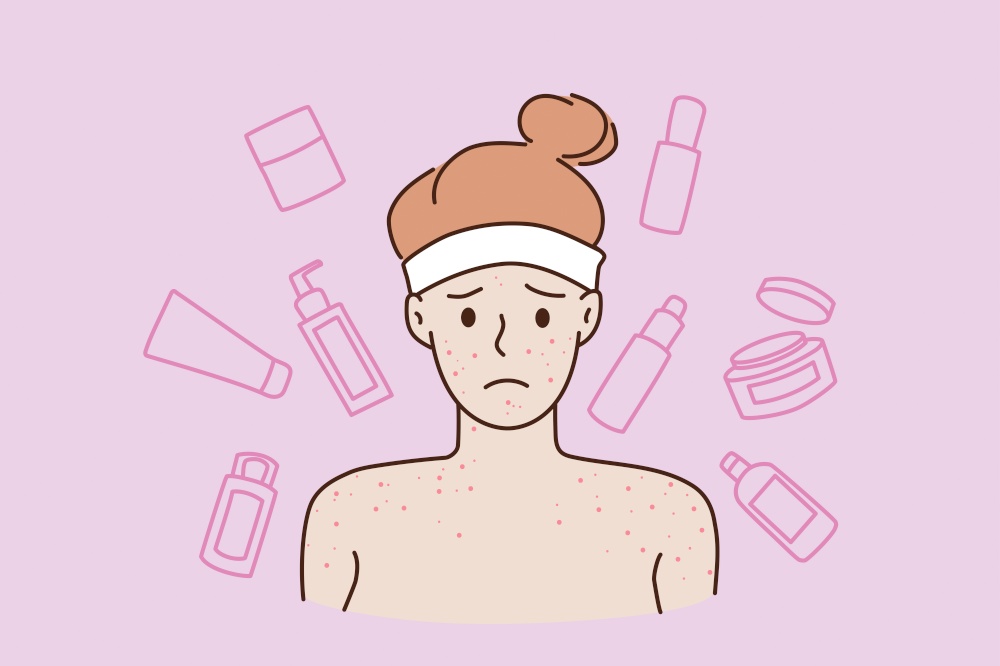
In recent months, the skincare industry has been rocked by a petition submitted by Valisure to the FDA, shedding light on potential health risks associated with benzoyl peroxide, a common ingredient found in many acne treatment products. The petition has raised alarms over the possible release of benzene, a known carcinogen, from these products, prompting consumers and healthcare professionals alike to reevaluate their stance on the safety of these widely-used skincare solutions.
Benzoyl peroxide, long hailed for its efficacy in treating acne by unclogging pores and reducing bacteria on the skin’s surface, is a staple ingredient in countless over-the-counter and prescription skincare products. However, recent findings by Valisure, an online pharmacy that routinely conducts quality tests on pharmaceutical products, have cast a shadow over its safety profile.
According to Valisure’s petition, benzene, a potent carcinogen, was detected in numerous benzoyl peroxide-containing products, albeit at levels deemed concerning. The potential for benzene formation arises from the reaction between benzoyl peroxide and other ingredients commonly found in skincare formulations, particularly when exposed to heat or light over time.
This revelation has prompted a reevaluation of the storage recommendations for benzoyl peroxide products. Traditionally, these products have been stored at room temperature. However, given the potential for benzene formation, some experts now recommend storing them in a cool, dark place or even in the refrigerator to minimize the risk of chemical reactions.
In response to the petition, dermatologists and other healthcare professionals have been quick to address concerns and provide guidance to consumers. While acknowledging the potential risk of benzene exposure, many experts emphasize the importance of weighing the benefits of benzoyl peroxide against the potential risks. Acne can have a significant impact on an individual’s quality of life, both physically and emotionally, and effective treatment options are crucial.
However, healthcare professionals also stress the need for informed decision-making and prudent use of benzoyl peroxide products. This includes following storage recommendations to minimize the risk of benzene formation and exercising caution when using products that have been exposed to excessive heat or light.
Moreover, dermatologists advise consumers to be vigilant in monitoring their skin for any adverse reactions and to consult a healthcare professional if concerns arise. Additionally, exploring alternative acne treatment options, such as salicylic acid or prescription medications, may be advisable for individuals who are particularly concerned about benzoyl peroxide exposure.
In conclusion, the recent petition from Valisure has sparked important discussions within the skincare community regarding the safety of benzoyl peroxide and the potential risks associated with benzene exposure. While further research is needed to fully understand the extent of these risks, consumers are urged to make informed decisions and consult healthcare professionals for personalized guidance on acne treatment options. As the industry continues to evolve, prioritizing safety and efficacy remains paramount in ensuring the well-being of consumers worldwide.
Previous Post